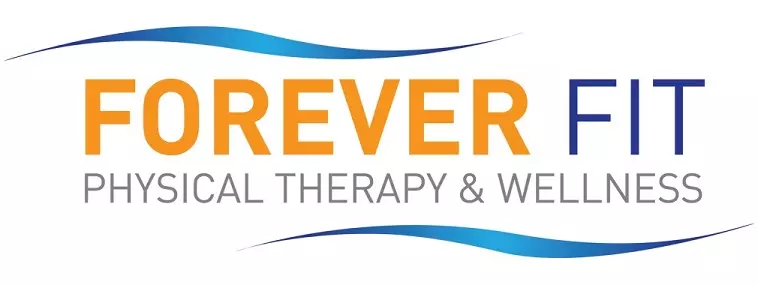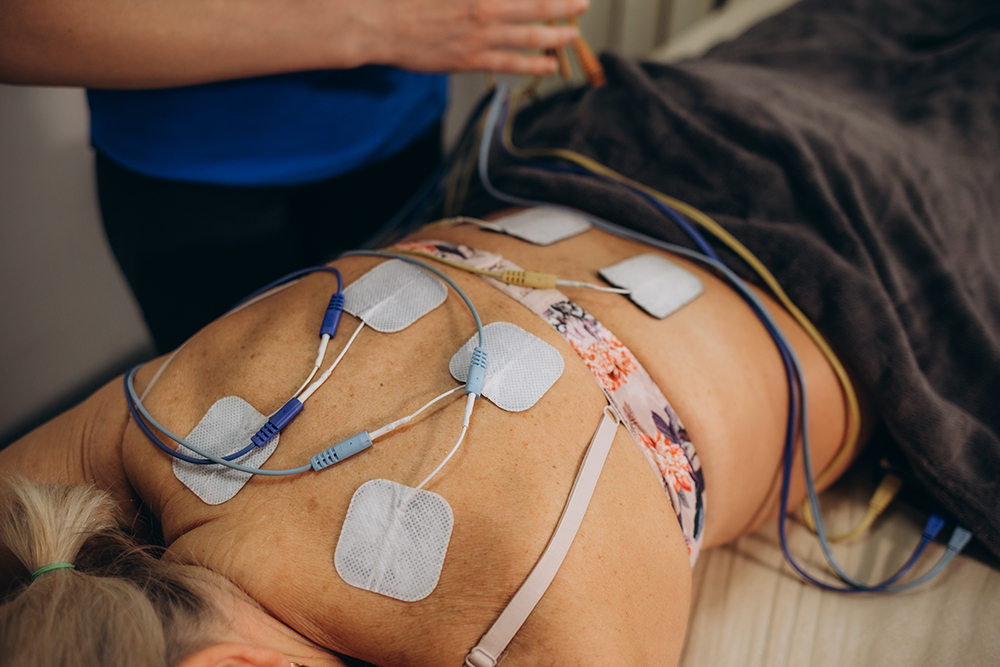Your wrists, back or legs may feel numb or weak from time to time — especially after lifting heavy objects. However, these feelings may stem from a nerve injury rather than a muscle injury.
A pinched nerve occurs when nearby tissue or bone puts excess pressure on the nerve, potentially causing pain and weakness. It is a fairly common condition: About 2 per 1,000 people in the United States experience a pinched nerve each year.
Your nerves control the movement of your muscles by interpreting signals from your brain. Electromyography or EMG nerve testing measures how effectively your muscles respond to these signals from your brain. This type of testing can help physical therapists determine the best treatment options for you.
5 conditions that may require EMG nerve testing
EMG nerve testing can treat a variety of conditions. Here are five types of conditions that may require such testing:
- Carpal tunnel syndrome — Carpal tunnel syndrome is when tissue in your hand places pressure on a nearby nerve, leading to pain or weakness in your hand. This condition typically occurs in people between 40 and 60 years old.
- Herniated disc —A herniated disc refers to an injured disc in your spine. An injured disc increases the pressure on your spine, causing pain.
- Guillain-Barré syndrome — Guillain-Barré syndrome occurs when your immune system injures your nerves. This injury may lead to weakness in your arms and legs.
- Charcot-Marie-Tooth disease — Charcot-Marie-Tooth disease is a genetic condition that includes the weakening of your muscles over time. This condition may also affect the nerves that direct your muscles. These nerves send signals to your muscles from your brain and spinal cord.
- Amyotrophic lateral sclerosis (ALS) — ALS refers to injured motor neurons, which direct your muscle movements when talking or eating. ALS involves your muscles getting weaker over time, making daily actions such as talking, walking and breathing difficult.
4 benefits of EMG nerve testing
Here are 4 benefits of EMG nerve testing:
- May prevent surgery — A person may seem to improve months after having an injured nerve, but sometimes nerve injuries are small and difficult to detect. EMG nerve testing may be able to detect small units of neurons and muscle fibers, thus potentially avoiding the need for surgery.
- Can differentiate between acute or short-term and chronic or long-term injuries — Researchers indicate that larger muscle contractions on an EMG are associated with nerve injuries that occurred within the previous couple of months, whereas smaller muscle contractions are associated with injuries ranging from the past six months to the past year.
- Can diagnose a variety of conditions — EMG nerve testing can diagnose a variety of conditions, from nerve disorders to disorders regarding nerve and muscle signaling.
- Can be highly valuable — Researchers indicate that about 92% of participants stated that an EMG test had a high value to them. In many cases, this value came from the ability of this test to help the participants better understand or manage their condition.
Forever Fit can help treat a variety of nerve conditions
Having difficulty with your daily activities because of consistent muscle weakness or pain? Forever Fit’s Burtonsville, Maryland, clinic is here to help you improve your health through EMG nerve testing. Our team strives to address the main cause of your pain, not just your symptoms. In addition, we value one-on-one interactions and personalized care.
Our licensed physical therapists offer techniques that can help strengthen your muscles. During your first visit, a physical therapist will conduct an examination regarding your strength, motion range and potential areas of injury. For nerve-related injuries or conditions, this examination may include an EMG nerve test. Our physical therapists will use the results of your comprehensive examination to design a personalized treatment plan. The first visit typically lasts about 40 minutes. You should bring the following items:
- Insurance card.
- Photo identification.
- List of current medications.
- A referral (if you have one).
- Related test results.
Contact our team today for more information or to schedule an initial appointment.

